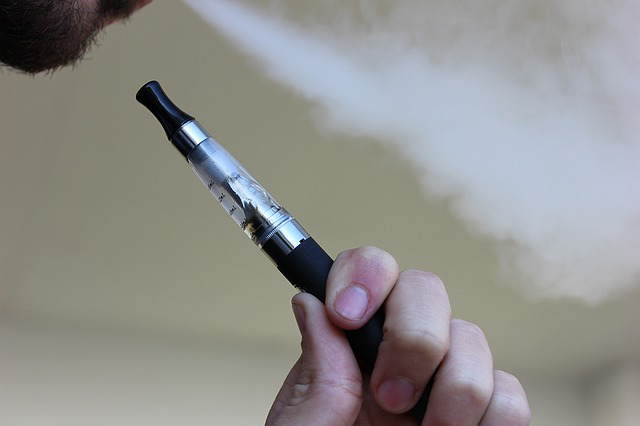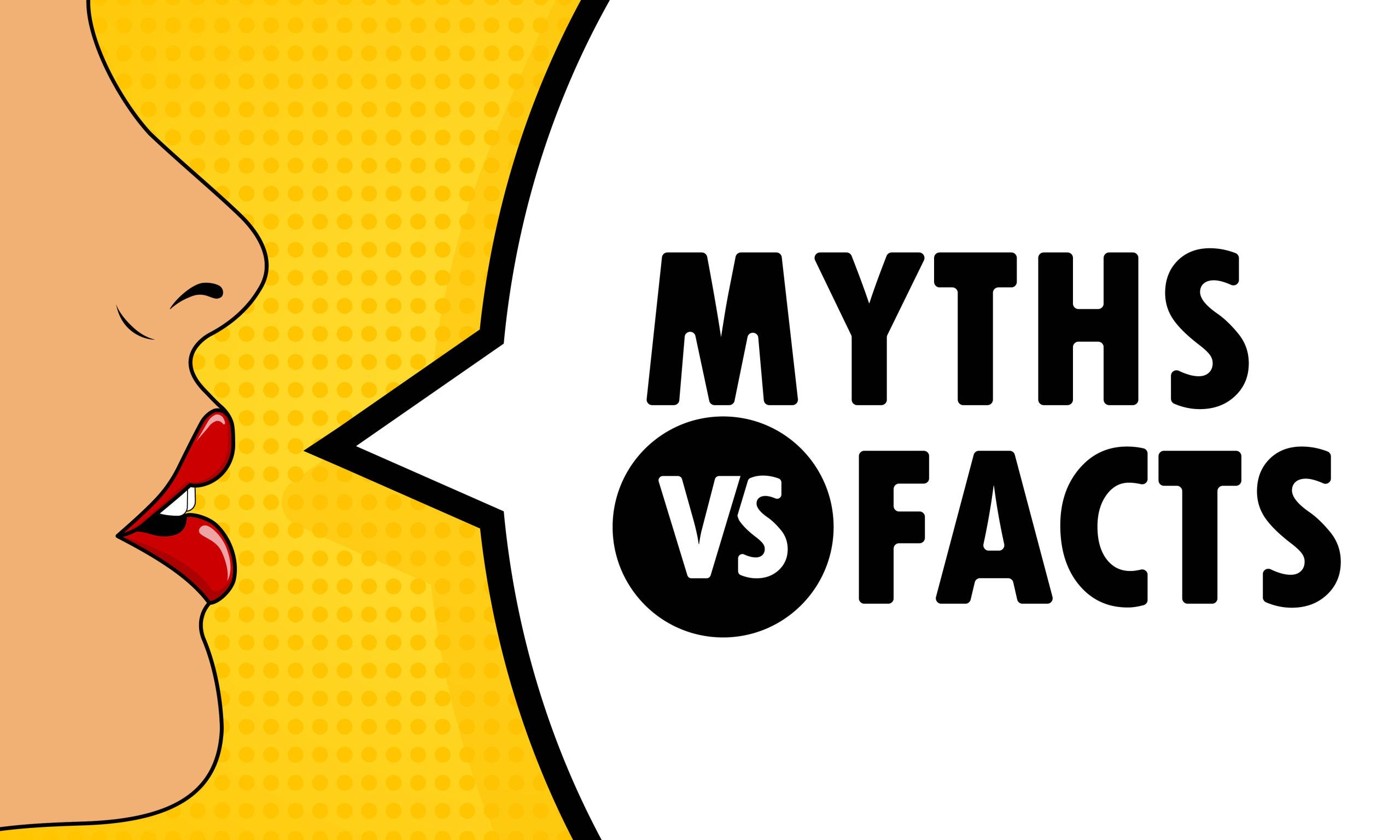The less harmful alternative – legal in London but a criminal offence in Hong Kong
In Asia as in the rest of the world, there is a deep division of opinion about e-cigarettes. In many countries they are banned but widely available; bans are almost certainly there to protect governments revenue from conventional tobacco products rather than for any health-related arguments.

E-cigarettes are variously promoted as anything from ten to 4,000 times ‘safer’ than conventional sticks; but without carefully drafted legislation, even in countries where their use is legal, there remains the danger of unsafe products being manufactured and sold.
There are no controls in place on ingredients, for example, and some of those coming from certain manufacturers contain chemicals which make them more, rather than less, dangerous.
However, it is evident that e-cigarettes are much safer than conventional tobacco products. No-one is known to have died from using an e-cigarette anywhere in the world and there are no known examples of smoking-related diseases being caused by using e-cigarettes.
But many countries lack a clear regulatory framework, often a result of the zealousness of anti-smoking groups using unfounded anecdotal “evidence”, helped by lobbying financed by the global pharmaceutical companies.
They worry that widespread use of e-cigarettes will impinge on their sales of medications for smoking-related illnesses.
It would also erode the lucrative market for alternative nicotine delivery systems or “smoke cessation therapies”, some of which use vaping (vaporising nicotine) very like e-cigarettes but using more nicotine.
Denying smokers the right to choose e-cigarettes is actually denying them the right to choose a healthier product with far fewer associated health risks, if any.
factasia.org supports the lifting of bans on the sale and availability of e-cigarettes and all other potentially safer tobacco products that are denied to consumers throughout Asia.
ASIA and E-CIGARETTES:
- Australia: import of nicotine is controlled as a poison though limited supply is allowed for personal use. Australia is examining the potential legalisation of e-cigarettes as a less harmful alternative to conventional tobacco products, with a view to an eventual ban on the latter.
- Hong Kong: Sale, import or distribution of e-cigarettes banned; jail terms of up to two years for possession. Tourists are exempt but advised to carry a letter from their doctor explaining why they may use an e-cigarette.
- India: e-cigarettes are legal and their use is allowed even on airplanes. They are also marketed as a way to quit smoking and as a healthier alternative to smoking conventional tobacco products. India has companies manufacturing e-cigarettes for sale locally and for export.
- Malaysia: import and sale allowed but only via pharmacies and with a doctor’s prescription, although many online sites promote and sell e-cigarettes aimed at the local market, and it is doubtful that these require a prescription.
- New Zealand: the nicotine cartridge used in e-cigarettes may only be sold as a registered medicine. Import of the device, cartridges and e-liquid for personal use is allowed, but advertising them is not permitted.
- Singapore: ban on sales in force pending more information, widely seen as waiting to see how the US handles the issue. However, no ban on use.
- South Korea: e-cigarettes are legal and widely used, but heavily taxed.
- Thailand: ban on sale or import, though e-cigarettes are widely available and used. Supplies of replacement capsules limited.





